The acquisition of motor skills is a complex process that advances through stages. Roughly speaking, there is a phase of input, a phase of consolidation, and a phase of retention. It can as well be divided into fast and slow learning, the former referring to the immediate change in the systems simultaneously happening with an input and the latter to the changes happening over a longer period of time. (More details on that here – Skill Acquisition) In this article, I want to stress the importance of the main factor that contributes to enhancing gains in the stage of skill consolidation, which is sleep.
The neural processes leading to successful consolidation post-training are likely to start operating during practice and evolve over time after training ends. The structure of the practice and the reward-related enhancement (Abe et al 2011) influences greatly the quality of the skill retained. Behavioral gains in later stages of motor skill learning are usually quantitatively smaller than those observed during fast learning and develop at a slower pace. However, the consolidation phase of learning should be leveraged for better retention of the skill over a stretched period of time and the capacity to recall it, improving the stabilization and automatization of the motor pattern that leads to a long-term restructuring of the entire system.
Once the impression of the motor pattern is traced in the nervous system following a training bout, it can be retained over an extended period of time or forgotten. For the learning of explicit motor sequences, even minimal amounts of practice spread over several days are able to induce long-term retention (Savion-Lemieux and Penhune, 2005). Also, the saturation of the block-by-block gains within a given practice session may be an important factor in triggering motor learning. Long-term retention is strongly dependent on successful consolidation. A latent consolidation process that develops after training to enhance the skill in the absence of practice crucially depends on sleep.
The findings of Stefan Fisher and Matthias Nitschke in 2005 indicate that storing a motor skill during sleep reorganizes its brain representation toward enhanced efficacy. Learning a task is disrupted significantly by total sleep deprivation (Stickgold et al. 2000) and by rapid-eye-movement (REM) sleep deprivation (Karni et al. 1994) during the first post-training night. In contrast, another recent study reports that subjects' performance significantly improves if they are allowed to sleep at least in the first part of the night (composed mainly of slow-wave sleep [SWS]) (Gais et al. 2000). Furthermore, their performance is optimal only after a complete night of sleep, i.e., after the succession of SWS in the first part of the night and REM sleep in the second part of the night (Gais et al. 2000). The question remains open as to whether SWS or REM sleep or their succession throughout the night are necessary for memory consolidation. REM sleep could be particularly useful for implicit learning, while SWS could be more critical for explicit learning (Peigneux et al. 2001).
In another study by Julien Doyon and others where they tested the relative contributions of time awake and in sleep to the post-training gains in performance. The speed and accuracy of performance were measured in a group of individuals using the same task at two sessions spaced 12 h apart from each other. The A group was tested and trained in the morning and retested in the evening with no sleep allowed during the day, whereas the participants of the B group were first tested and trained in the evening and retested the next morning after normal sleep. All individuals of the B group showed a significant improvement in speed during the 12-h period. In contrast, participants from the A group, without sleep, did not improve during the 12-h period. Both groups, however, achieved significant delayed gains 48 h after the training session. These findings indicate that the effects of training, although not expressed as gains during the 12 h of the waking state, became effective after a subsequent night’s sleep and were as large as the gains of the other group with sleep closely after the training experience. The delayed effects of training were maintained in some latent form during the waking state for at least 12 h. This suggests that the time in sleep is substantially more effective than time spent in the awake state for the consolidation of motor skill. Total and partial sleep deprivations were shown to alter subsequent delayed gains in performance in both explicit and implicit memory tasks.
As we have seen clearly, besides the structure of the practice itself, which is of course crucial to trigger the required changes in the system, proper sleep is arguably one of the most important factors for enhanced learning of motor skills and learning in general. People who have trouble sleeping through the night or whose quality of sleep is compromised do not retain what they learn as efficiently, even if every other parameters are taken care of (the amount/quality of the input, nutrition, stress levels etc.). For the people who struggle fixing their sleep, there are laboratories and doctors who are specialized in figuring out how to help their patients, find one in your area. They usually tailor approach to each individual and it would be of huge benefit to anyone willing to improve their learning capacity. If this is not available to you, Andrew Huberman has an invaluable series of podcasts on how to improve your sleep that I highly recommend watching: Master your sleep.
Hopefully, the reader finds useful this information and is leaving convinced that it is necessary to treat all aspects of our well-being equally. The movement perspective offers a different type of dialogue with the environment and our bodies, which fosters development that encompasses many different layers and encourages people to learn about themselves in depth, to eventually become autonomous and self-sufficient.

